It’s getting harder to tell where something is really coming from when you order online. In this post, we’ll share our sources, tips, and lists for finding awesome stuff that is actually made in America.
Table of Contents
We make our leather goods in our Oregon workshop, but as a consumer, we’ve been finding more and more that we just can’t trust the labeling on a website that says an item is “Made in the USA.”
There are stories after stories of people purchasing something that claims to be American made from even reputable marketplaces and brands, only to find when it arrives it has a tag stating otherwise.
As a shopper, this can be frustrating! That’s why we and others are trying to share strategies and sources that you can trust to be genuinely made in the USA.
Tips for Finding American Made
1. Seek Out Great American Brands
It will take some research, unfortunately. There is no large-scale, trustworthy, American made marketplace with a critical mass of manufacturers or brands (yet!).
Instead, you’ll join a growing group of people who are sharing their sources and trading notes.
Bookmark brands you like from the sourcebook and directory listings (provided below). (Bonus: subscribe to their emails so you don’t forget about them later!)
Join the forums or RSS feeds for American made publications and forums. Find more on in the sourcebooks and blogs provided below
- Google [the product you’re looking for] with [made in the USA] or [American made] to see what comes up!
If you’re on Reddit, try these subreddits for the latest gossip and news, share favorite brands, and converse with others who also care about buying America on subreddits:
- r/madeinusa is the primary subreddit. r/madeintheusa is an upstart and r/AmericanMade is astroturf.
- r/buyitforlife for high quality, multi-generational goods and old-fashioned manufacturing
- r/madeinbritain and r/madeinjapan for other country-specific sourcing
- r/avoidchineseproducts for specifically avoiding Chinese manufacturing (if that’s your thing!)

2. Read the Fine Print and Filters
No news is bad news. Brands are supposed to disclose where their products are made on their packaging or product listings, and American made is a compelling selling point. If you can’t find a Country of Origin anywhere on the product listing description or packaging, then it’s best to assume it’s not made in the USA.
Check the Product Q&A section – and ask if it’s not answered! (tip from Reddit) Even when shopping on Amazon check the product Q&A, searching for "made" or "country.” If it's not addressed, ask the question anyway! That way the answer is posted for the next person who wants to know and you’re demonstrating interest in this selling point to marketplace facilitators.
Search filters. When shopping on marketplaces and big brands like REI, look for the “Country of Origin” search filter. On marketplaces like Etsy, eBay, or Abebooks, you can also try to filter by “Ships From,” which at least gives an indication of where the item is physically located (not where it’s manufactured).
- Don’t assume — even with well-known American companies. Just because a brand is mostly or historically American doesn’t mean that all of their products are currently American made. In one particularly heartbreaking Reddit post , a user was purchasing a hat from lauded American manufacturer Red Wing that was advertised on their website as “proudly Made in the USA,” but it arrived with a Made in Bangladesh tag. For example, many of the great American companies like Red Wing, Danner, or LL Bean only produce certain classic boots or shoes in America, and the rest of their inventory is made overseas.
3. Shop Small, Micro, Handmade, and Local
Let small- and micro-businesses curate and do the research for you. Unlike the big brands, they can be more approachable and responsive. Find niche and small brands on marketplaces like Shopify’s Shop app , Etsy or handmade Etsy alternatives . Local small business searches like the Google Maps small business filter and the AMEX Shop Small campaign are also great tools for finding unique, family-owned businesses and small brands close to you.
4. Define “Made in the USA” For You
What does “American made” even mean anyway? It’s complicated. In this day and age, it’s nearly impossible to have all physical components of all items be made in one country, unless there is a very short supply list. Many small bits and components like hardware or zippers are down to their last American manufacturer, if they still exist. Finding a source book of American component suppliers is as much a challenge for makers and manufacturers as it is for consumers shopping for American-made finished goods!
The Federal Trade Commission’s Made in USA Labeling Rules generally call for:
All or “virtually all” of the ingredients or components are made and sourced in the U.S.
All of the product’s final assembly or processing, and all significant processing, takes place in the U.S.
But a 2017 report to Congress exposed the problems with that guidance for modern manufacturing, which rests on two issues. One, manufactured products often have parts with many countries of origin, so which is the primary one? And two, what exactly does manufacturing mean these days, versus assembly? For a deep dive, read The Meaning of “Made in the USA” report by the Congressional Research Service, prepared for Members and Committees of Congress.

Made in USA Brand Directories
Following is a list of helpful resources that gather together awesome American brands. These are mostly directories, so shopping is done directly with the brand.
Note: Unfortunately, while researching this article, we found there are a lot of unsavory and/or biased sites that cater to Made in USA. Some seem to be out to make a quick buck, and some have a religious or political mission that is not inclusive of all genuinely American made. For example, we did not include the marketplace Public Square. At first glance, it appeared to be the first marketplace for American-made goods, which was encouraging. However, on further inspection, it has a specific, multi-point political agenda that it requires its marketplace businesses to endorse. In our list we were aiming to include editorial-only (not paid) directories that include genuine American makers and manufacturing of all kinds, regardless of personal or political beliefs or background, or economic status.
A Continuous Lean’s The American List
A first-wave men’s style site turned newsletter founded in 2007. ACL celebrates the often under-appreciated companies and artisans who make traditional things the old ways and manages a short, curated list of favorite American brands and a small shop for golf items.
American Giant’s American Made List
American Giant, the LA clothing manufacturer, is tracking its own short list of top favorite American manufacturers.
Made in USA | FTC
The Federal Trade Commission (FTC) is the US agency policing “Made in USA” labeling. They don’t have a brand or manufacturing directory, but they have prepared their own suite of tools and education for consumers to buy American Made, including a list of brands who are being investigated in active cases:
https://www.ftc.gov/news-events/topics/tools-consumers/made-usa
Made Index
Made Index is a large and growing directory of American-made brands. This is not a marketplace and isn’t searchable by product, but it has a large and diverse list of brands.
Southland Heritage
Southland Heritage has a curated, abbreviated directory of American brands, and a great blog post with more tips and discussion on buying American.
USA Love List
An online magazine and shopping site dedicated to American Made, with curated gift lists and over 6,000 brands (as of the time of this writing). Ad-supported.

Last Words
We hope these tips and sources for American made will help you find more amazing brands you love that share your values. But if, even after your best efforts, you find out you’ve been duped: Don’t feel badly. You’re not alone.
Report mis-labeled products to the Federal Trade Commission (FTC). Prevent it happening to the next person. The FTC is cracking down on American Made claims, and there’s a fine of up to $42,000 for fraudulent claims. But online shopping is moving fast and the inventory is huge. It’s very difficult to police.
See something? Please say something . If someone isn’t playing by the rules, let us know at ReportFraud.ftc.gov
What are your favorite American brands? Have you had any good or bad experiences to share trying to buy Made in USA? Do you have any favorite sources or tips we’re missing?
Share your thoughts in the comments below!

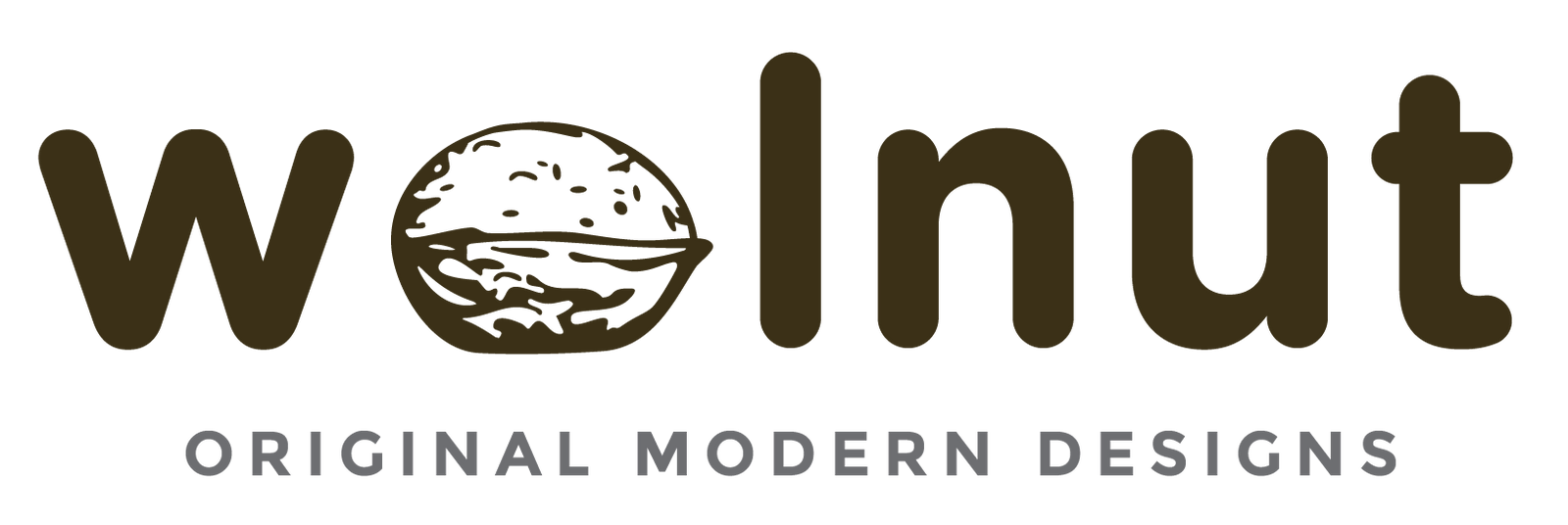




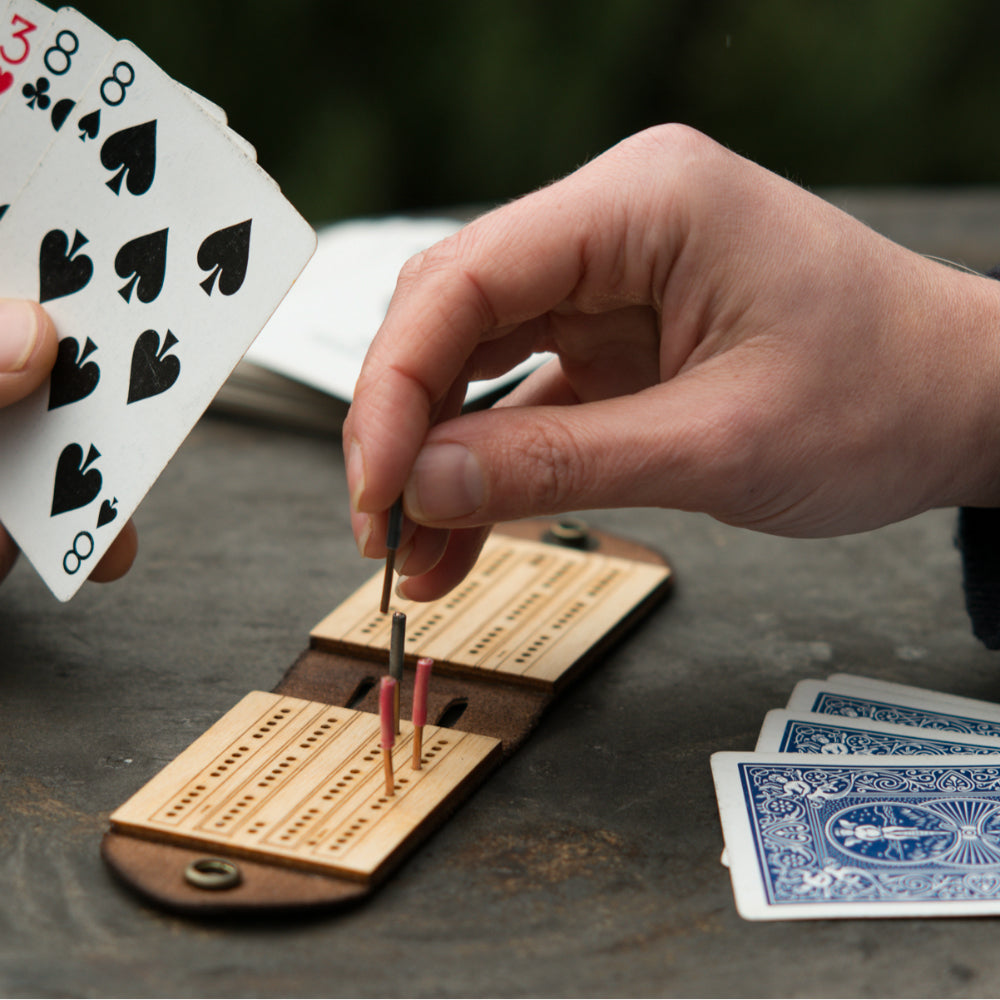
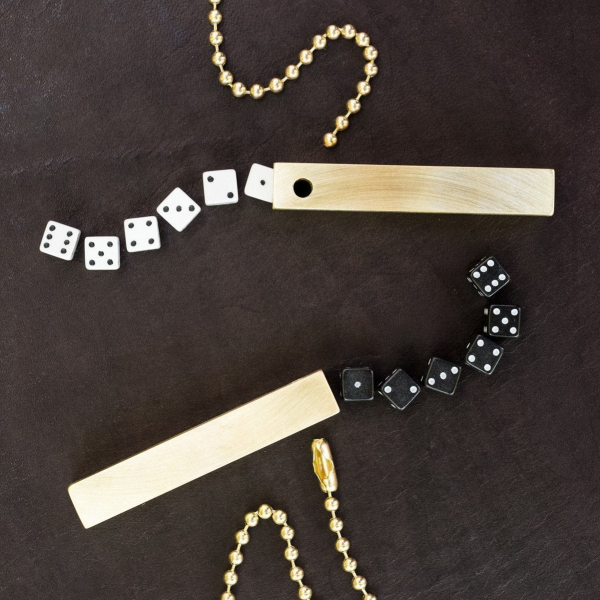

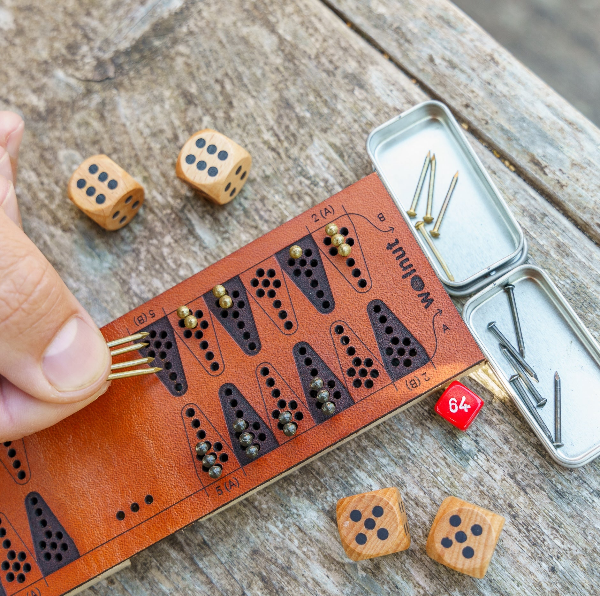


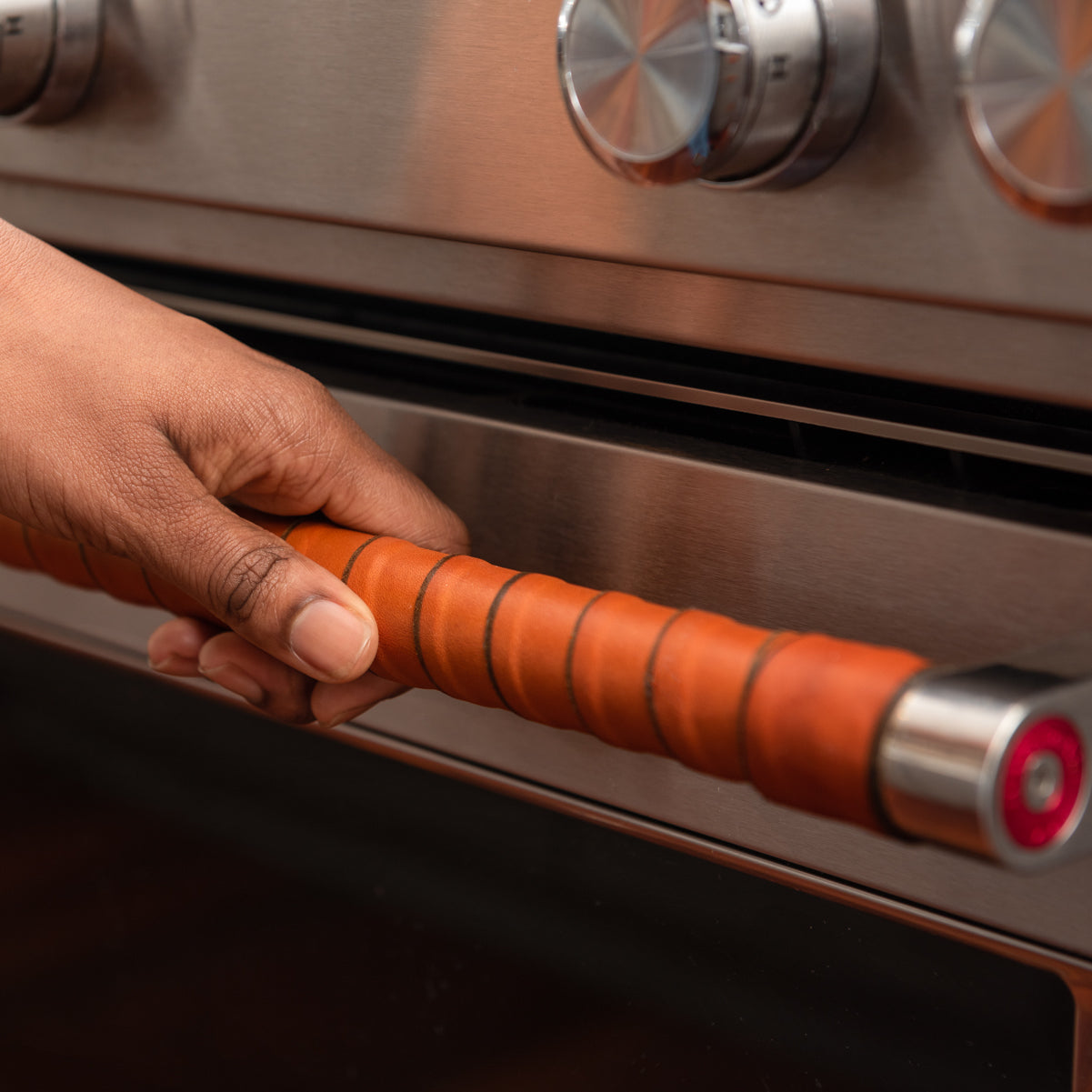
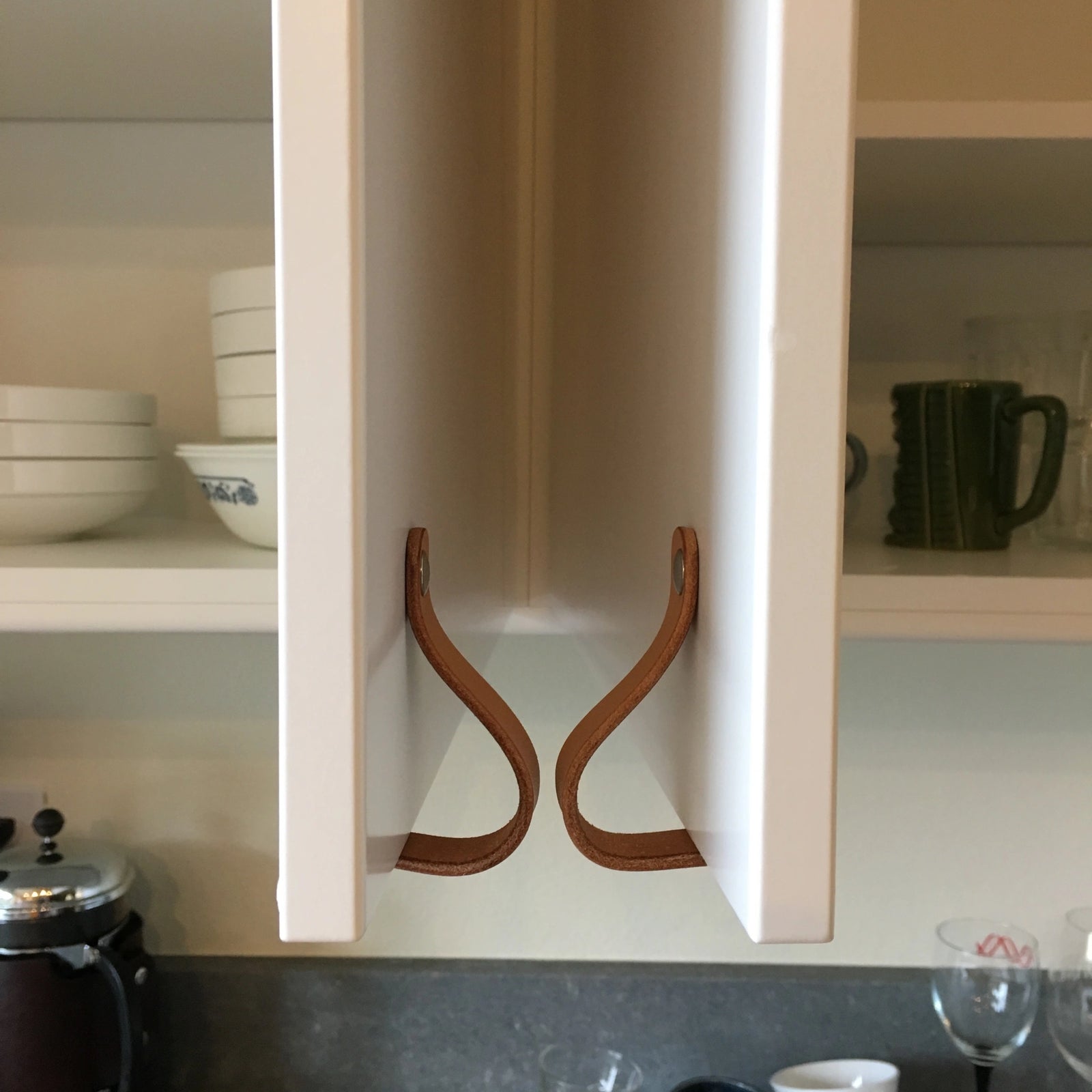


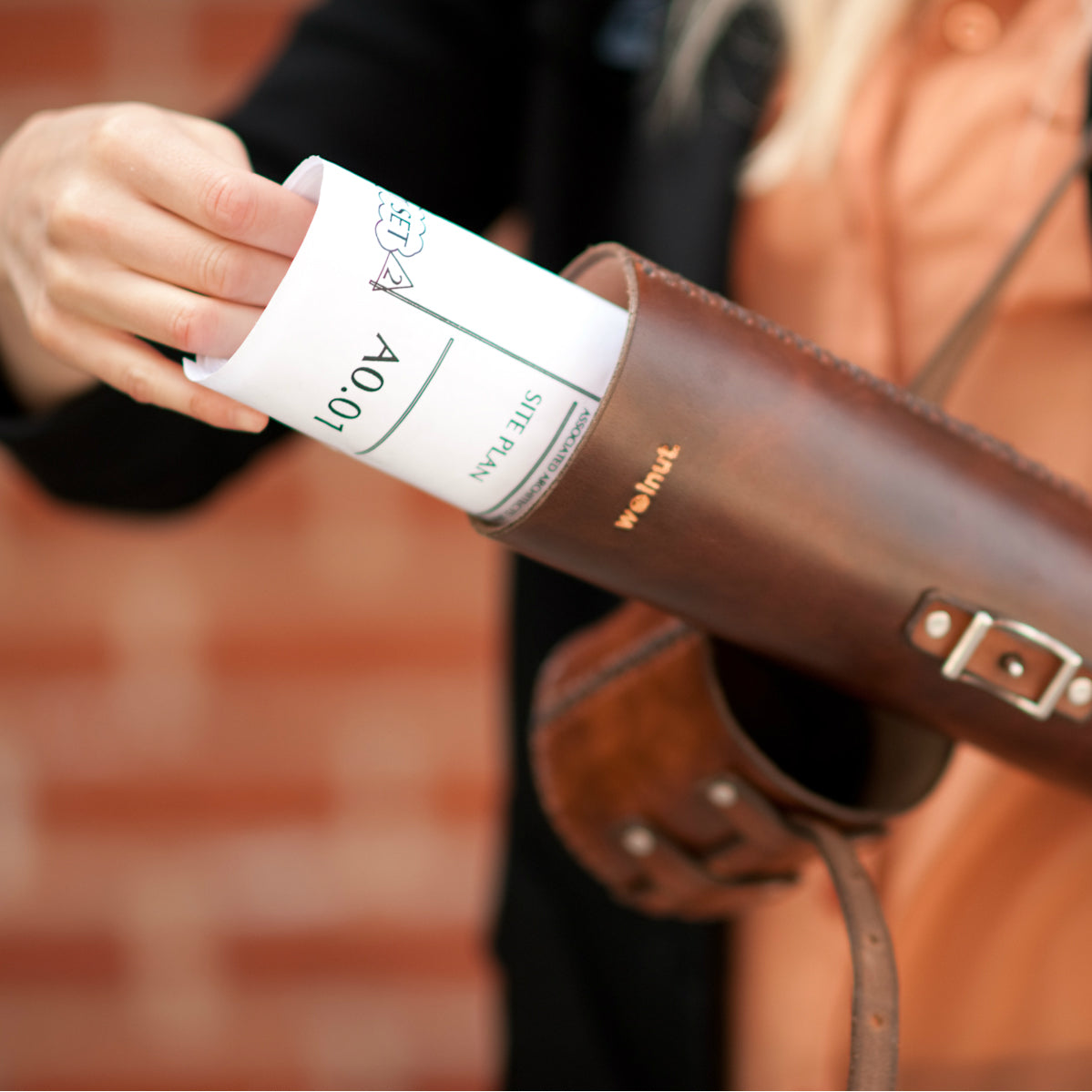

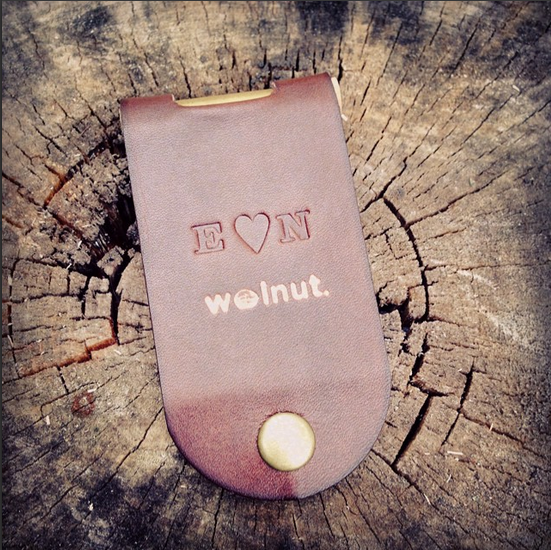
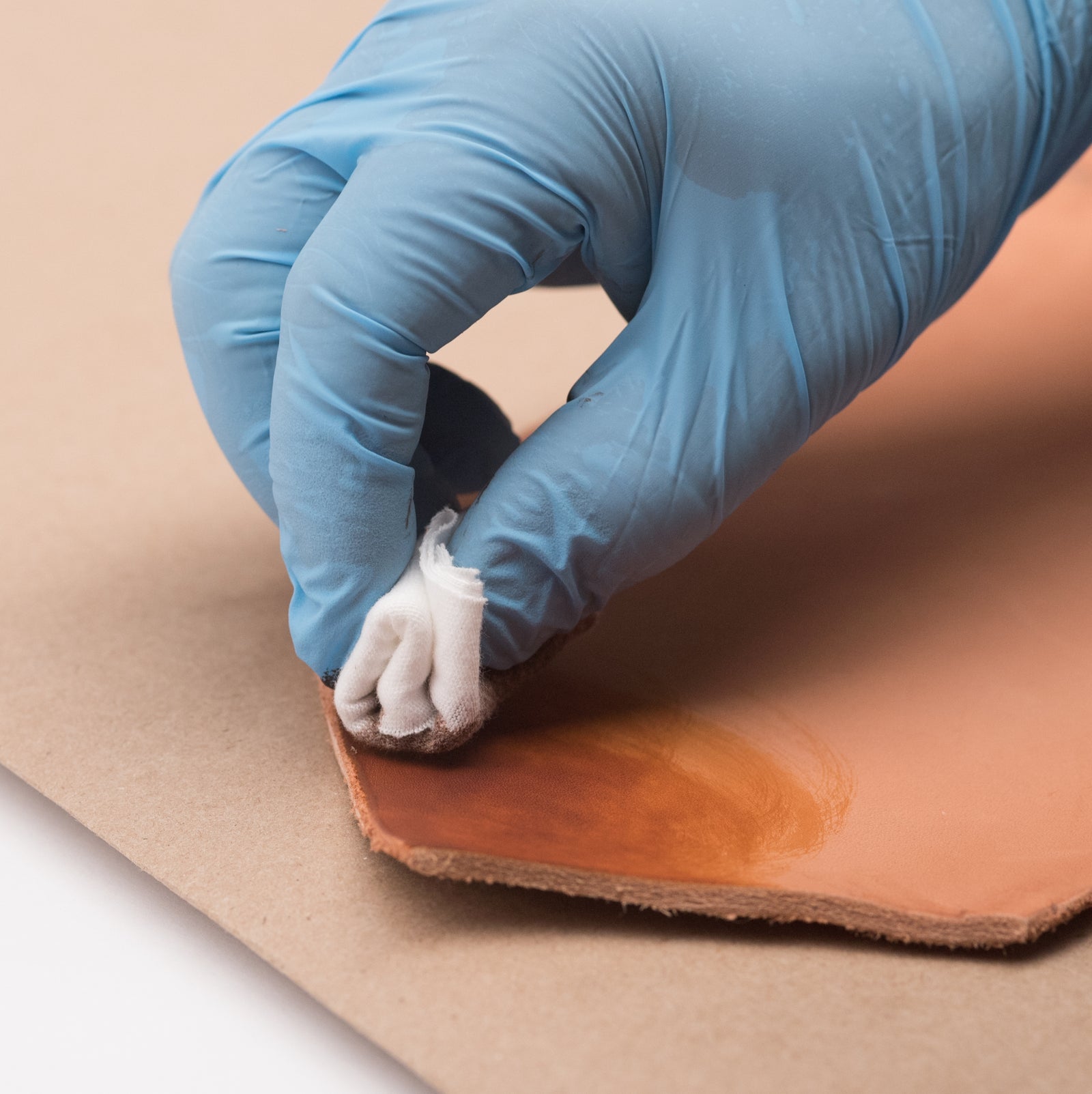

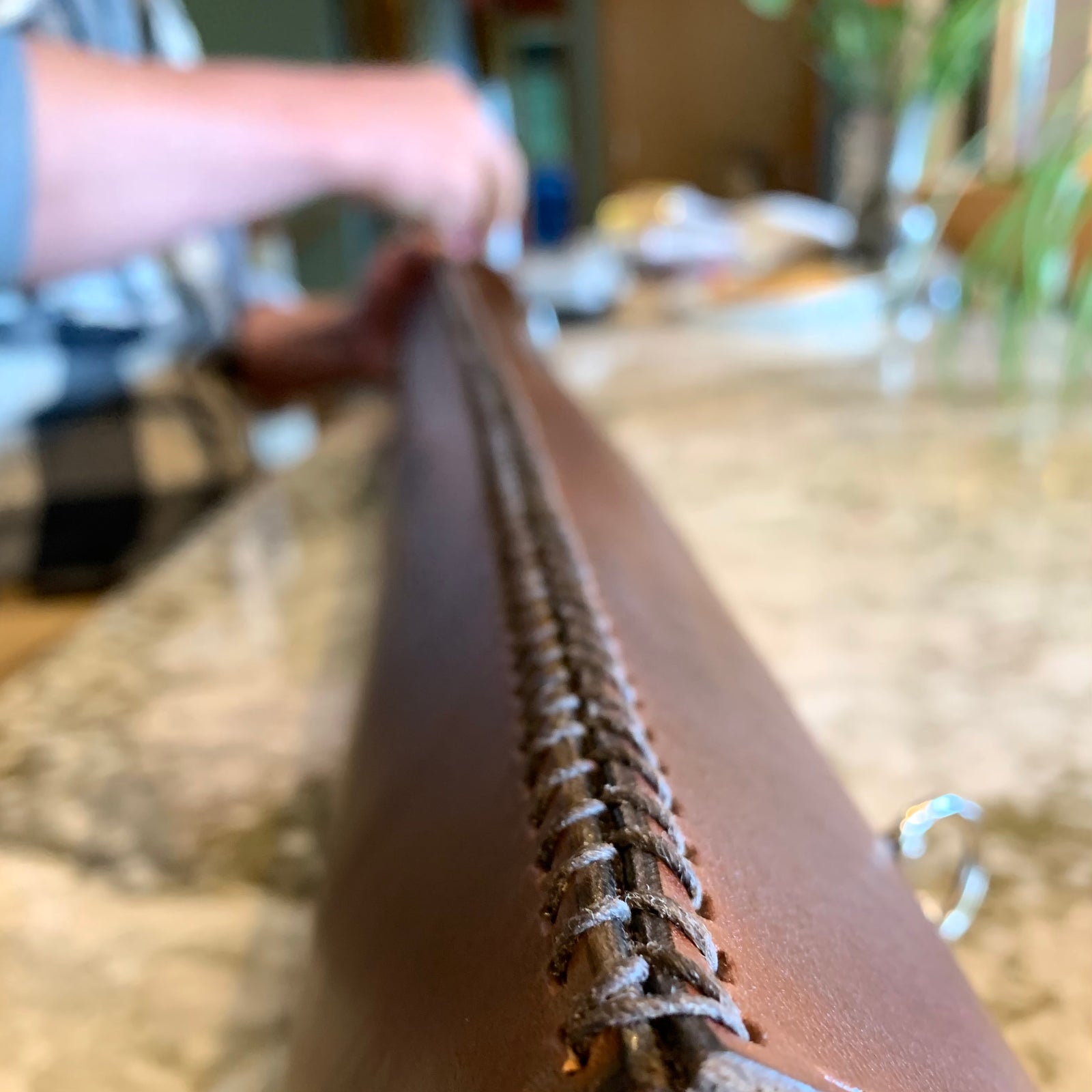

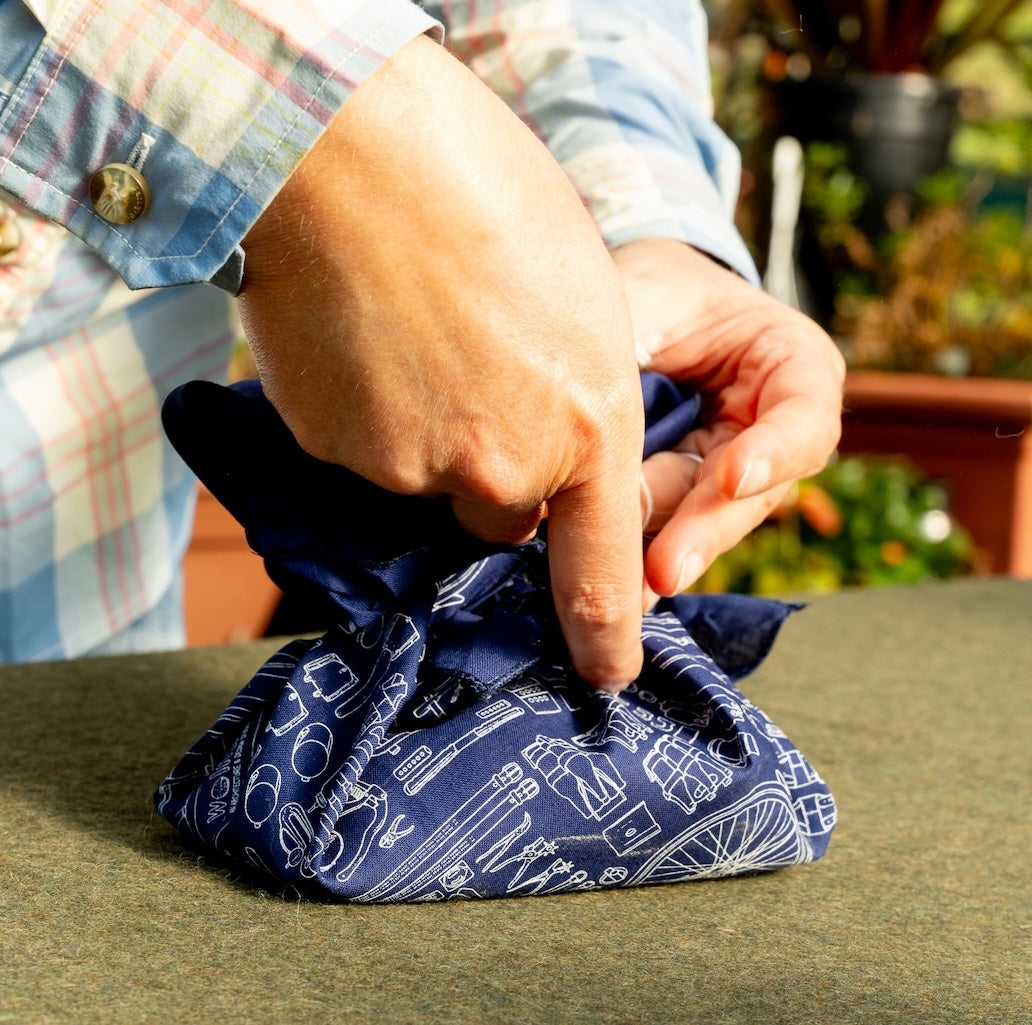






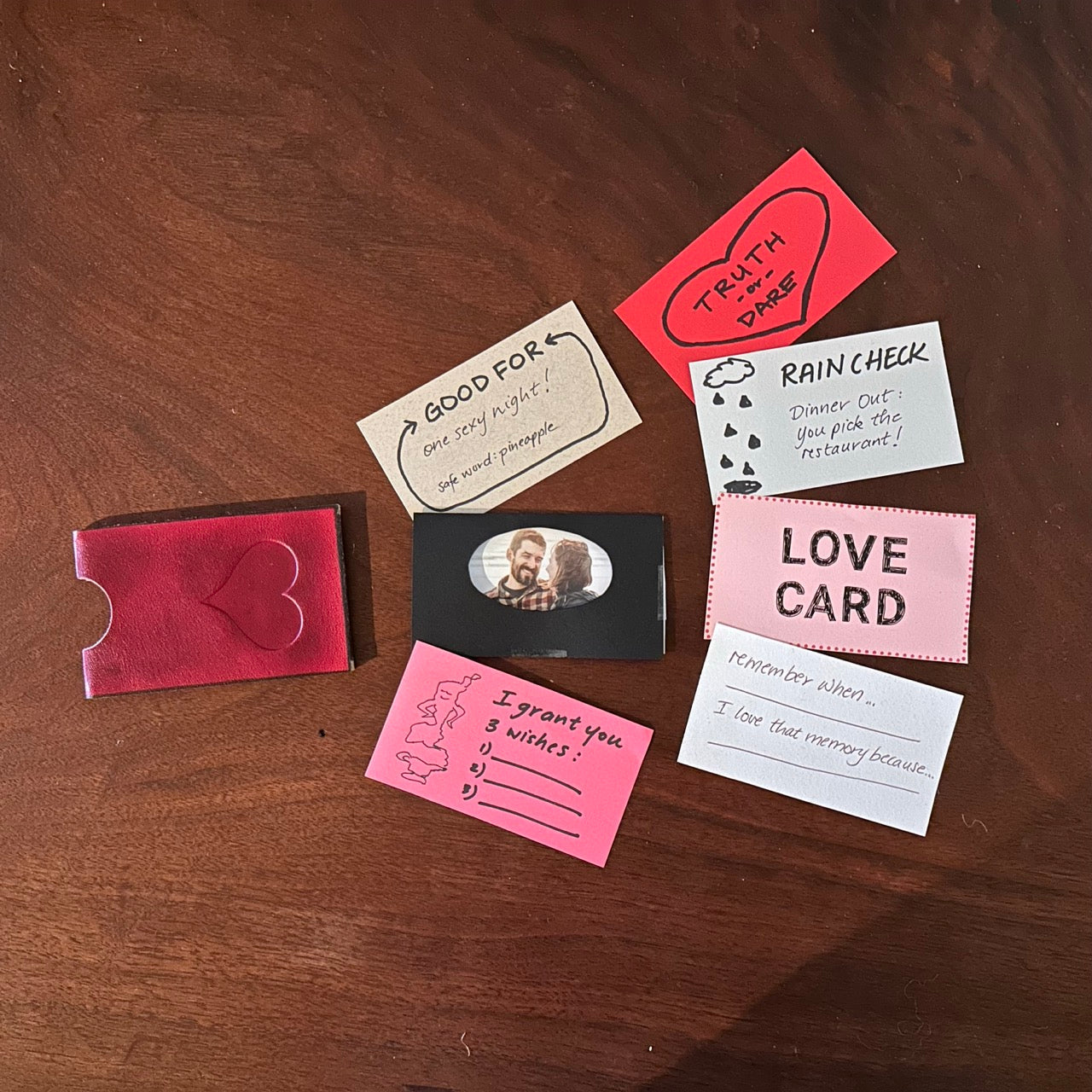
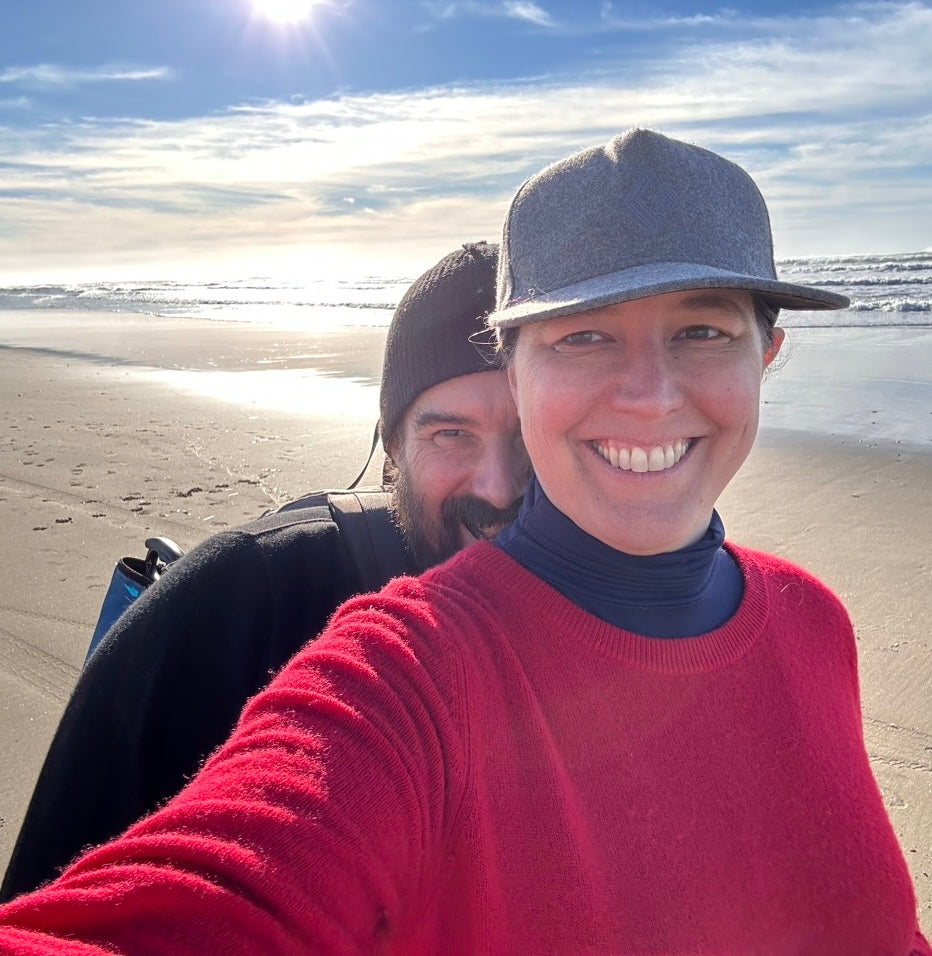
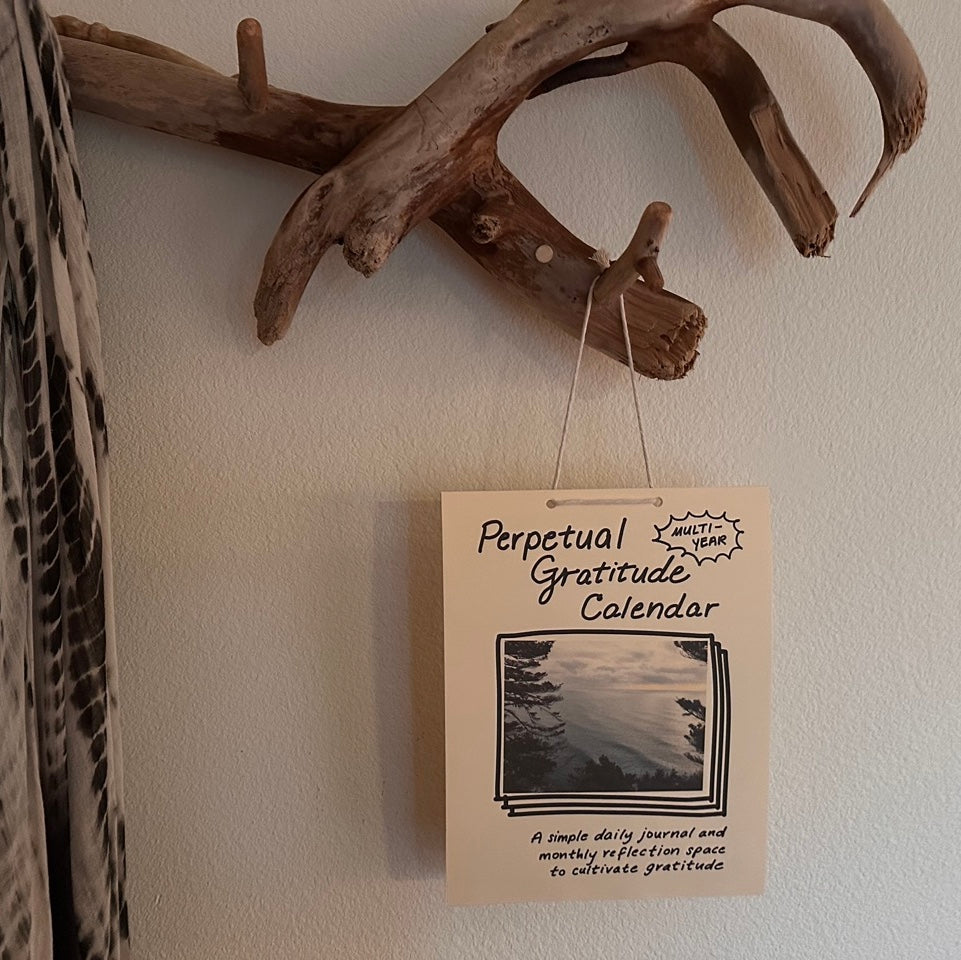
Carolyn
April 07, 2025
Thank you for this information! When possible I want to support my country, state, locality, neighbors. When possible I want to reduce my environmental footprint by not buying goods shipped or flown around the world. 🙂